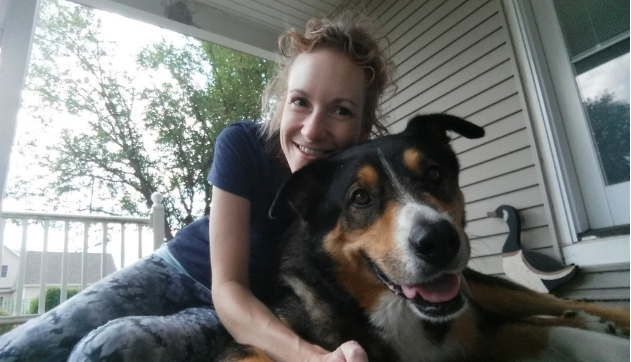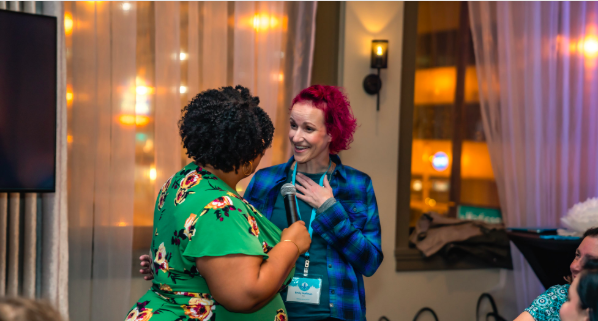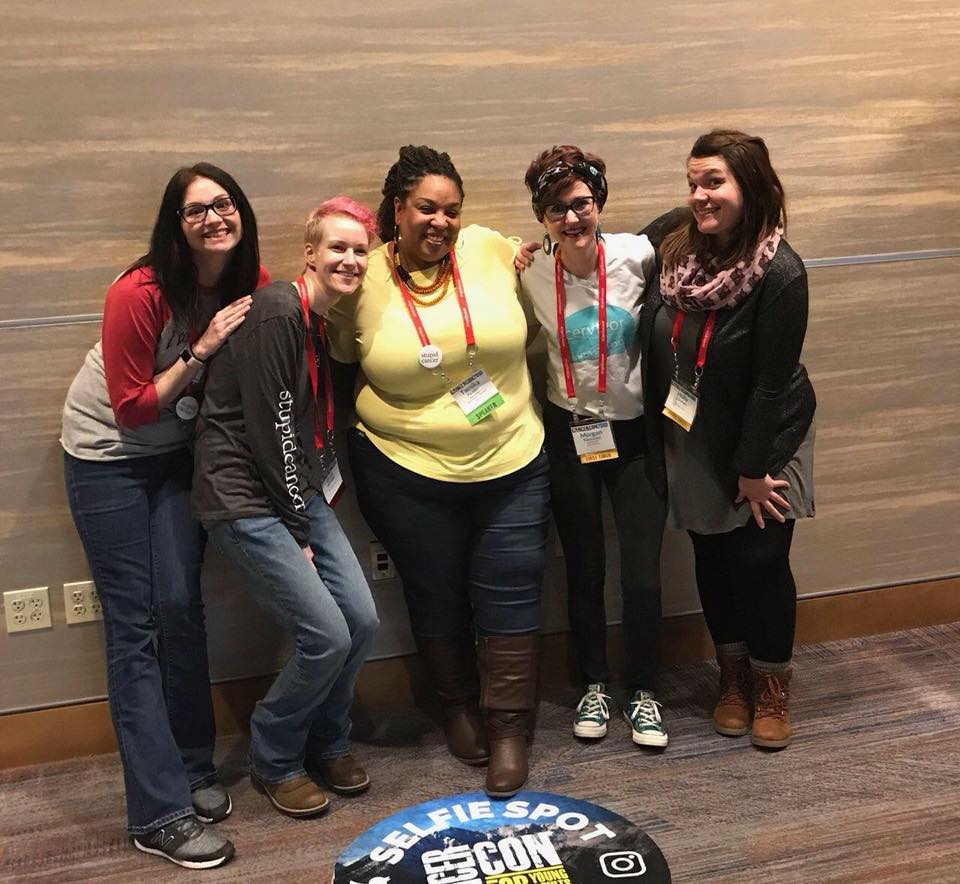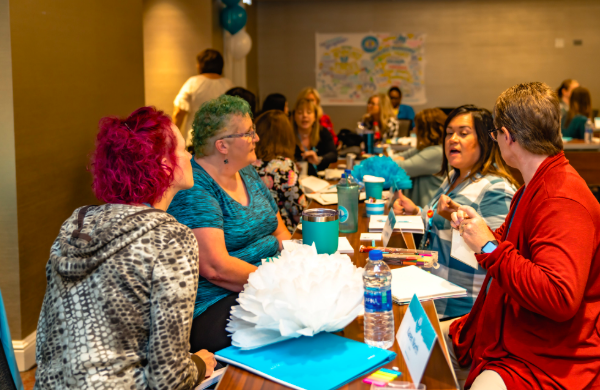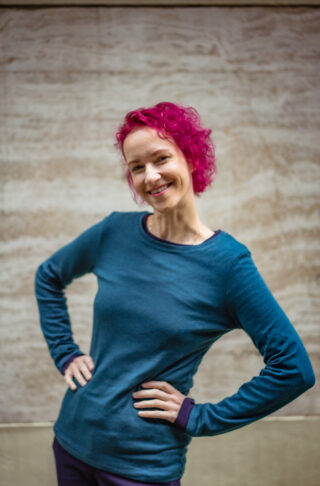Treatment is over. Can you breathe a sigh of relief? Maybe. For a second. But I’m here to remind you that it’s not over yet. Probably not what you wanted to hear, huh? But I’m sharing this candid advice because no one prepared me for “the after.” The after treatment. The after cancer. And boy, did “the after” knock me on my ass.
My family, who had come to stay with me during treatment, went home. I wasn’t going to the hospital every day anymore. I was left to just go on.
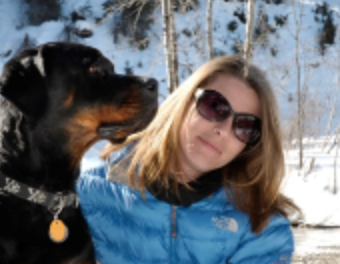
Go on?
Go on like it didn’t happen?
I could barely walk up a flight of stairs, let alone do a load of laundry. I could barely eat anything. All I wanted to do was close my eyes.
My mind would spin. I’d stub my toe and somehow, I would rationalize that I had cancer in my left pinky toe and my whole foot would have to be amputated! Rational thought went right out the window.
And the tired, the oh so very tired…
Because even though the official treatment regimen is over, the radiation keeps working and will continue to work for 6 months at least. For me, it then took another 6 months to get any resemblance of energy back.
Those first months of The After are among the hardest cause you want to ‘bounce’ back and jump back into life. You want everything to go back to normal, yet you want and need to do it all different all at the same time. How the hell do you do that? Especially when the fatigue continues and you can barely get up off the couch (except to dart to the bathroom before you poop your pants.)
Don’t beat yourself up about it. Easy to say, hard to do, I know. My advice? Allow yourself to just be. Realize that it’s okay to not be okay. Most of all, be gentle with yourself.
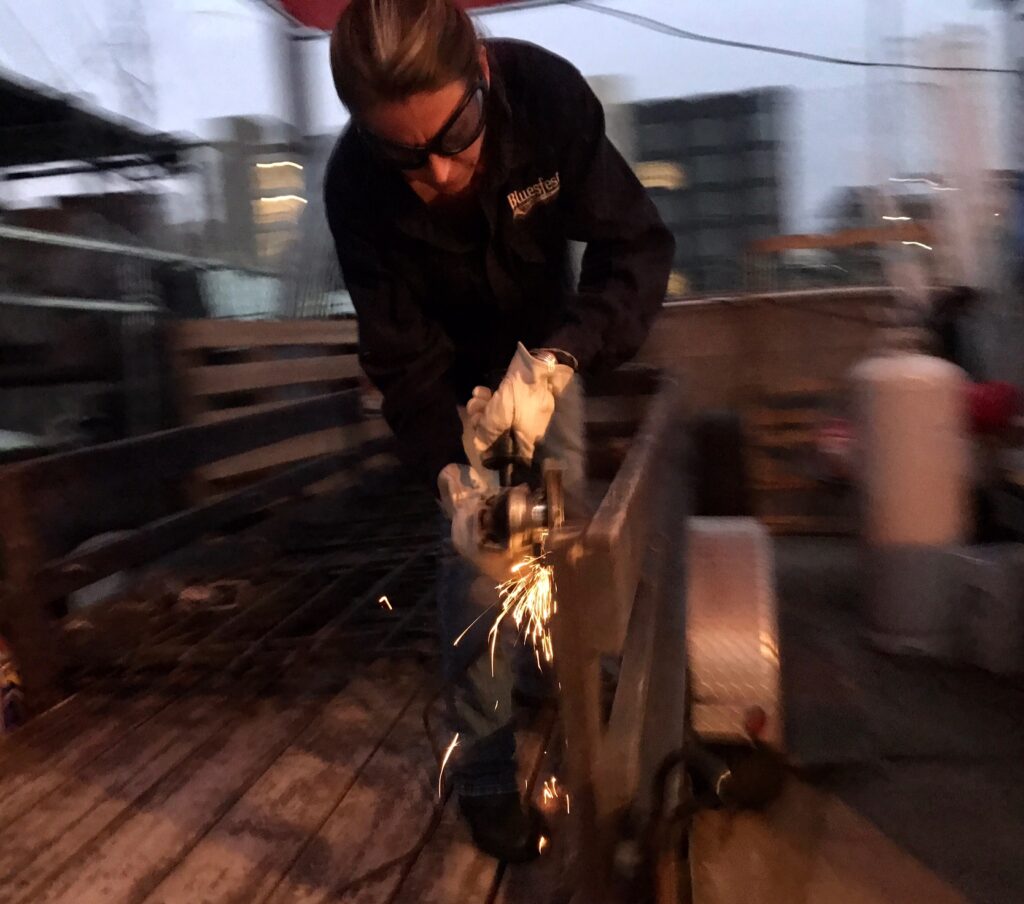
You have just either had your insides ripped out or got repeatedly zapped with radiation. The toll of treatment is a heavy load. Give yourself some credit. You’ve paid the price and you can now cross the bridge to life after treatment. You are on that other side, but on that other side…
The fatigue is real.
Brain fog is real.
Those hot flashes, night sweets, insomnia, vaginal dryness and memory loss is real.
The continued bowel explosions are real.
Bladder leakage is real.
The crushing reality of infertility is real.
Also real – and sometimes, debilitating – is the fear and “scanxiety” and the questions that always lurk in the shadows of our minds:
Is it still there?
Did it come back?
Will it come back?
Every pain, every ache, every spot of blood turns your mind into rapid fire AK-47 of fear, anxiety, panic and then depression because you’re exhausted and just can’t handle anything on top of the already immensely heavy load.
Rest assured, you are not alone in any of these feelings.
And you know what?
It’s okay to not be okay sometimes.
I’ll say it again: it’s okay to not be okay.
A few tidbits of advice from someone who has been in “The After” for eight years and counting:
- If you need a little medication or talk therapy to get you through the crazy roller coaster ride of The After Life, get it! You don’t have to stay on it forever if you don’t want to, but antidepressants can help you ease some of that mind-spin so you can make some sense of what is going to be your new life. Antidepressants and therapy helped me. I was not okay, and there was no shame in that. I just needed help to realize that and get through it.
- Don’t feel guilty or ashamed for taking care of your head too, now that you are done with that treatment for your physical body. It might take every ounce you have left in you to make one more appointment, to a one more doctor, for one more thing. I can tell you, it’s worth it to push yourself to make that call to see about your mental health. Not sure where to start? Your social worker at the hospital may also have a list of therapists and psychiatrists that specialize in cancer patients.
- Vent! Let it out! You can vent here with the Cervivor community or with friends or in a journal. I guarantee one of us can relate to how you are feeling. Those feelings have the most power over you when you keep them inside. So share them. Or write it in a journal and then burn the pages. Get it out of you! That dread. That doom. That weight. That worry. It only has power when it’s held inside. Get it out of you and then you won’t have to carry it alone.
- Be gentle with yourself. My sister told me that (when I was venting to her!). I didn’t fully absorb it when she said it, but I fully believe and appreciate that advice now – so much so that I have it tattooed on my hip as a physical and spiritual reminder. It’s okay to not be okay, and to give myself a break, and give myself some credit. Things will get better in time…and sometimes time…just needs time.
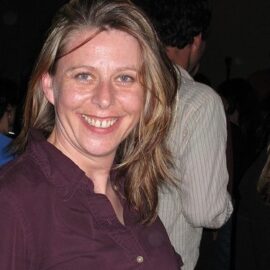
Cancer survivor Samantha is a wildlife ecologist in San Diego, CA. When she is not protecting sea birds and restoring habitat for sea ducks injured by coastal oil spills, she volunteers with Burning Man and has attended the art festival five times. Samantha encourages women undergoing cervical cancer diagnosis and treatment to start therapy well before “The After” to head off (or at least lessen) many of the emotional issues she went through. Samantha encourage women to start a conversation with the social worker at their hospital, or to visit the “find a therapist” page on psychologytoday.com.
Read Samantha’s Cervivor story.
